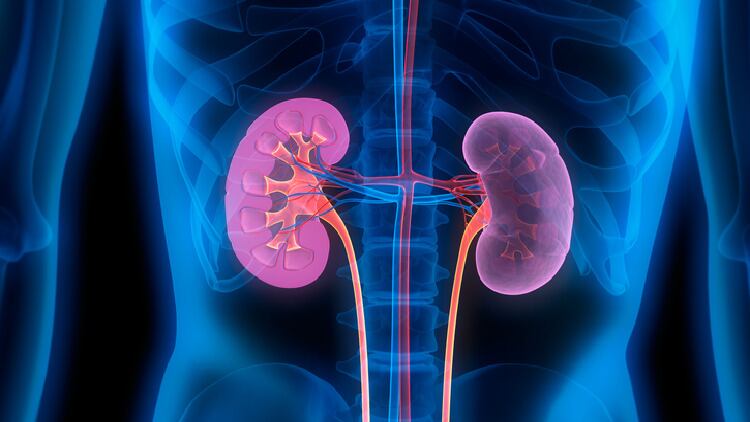According to the study, probiotics have beneficial effects on the metabolic indicators of patients, such as renal function, glucose homeostasis, lipid metabolism, inflammation and oxidative stress.
The study “Probiotics improve renal function, glucose, lipids, inflammation and oxidative stress in diabetic kidney disease: a systematic review and meta-analysis” was published in the journal Renal Failure.
“Based on the severe health impact and financial burden associated with diabetic kidney disease, it is particularly important to find effective interventions to mitigate its (diabetic kidney disease) progression. Therefore, it is urgent to explore low-cost and effective treatment programs to reduce the morbidity and mortality of patients,” said the researchers.
The team found 266 relevant articles in various academic databases and retained 10 RCTs for the meta-analysis. The RCTs featured 552 subjects, classified into 280 for intervention and 272 for control.
Go for pro
Compared to the control group, patients who took probiotics had their renal function injury significantly ameliorated, and glucose homeostasis and lipid metabolism improved. The inflammation and oxidative stress levels were also found to be better. Upon further analysis, the biomarkers were affected by several factors, such as probiotic intake patterns, doses and duration of the intervention.
In Chapman et al.’s study (2011), the probiotics were deduced to have interacted with one another. The phenomenon could occur due to the dosage amount of more than 4 billion CFU daily and multiple species at work, resulting in improved blood urea nitrogen.
Most patients also faced disturbances in their gastrointestinal tract mucus and flora, leading to higher levels of aerobic bacteria like Escherichia coli and lower levels of anaerobic ones like Lactobacillus and Bifidobacterium. Aerobic bacteria contribute to high urea production and an increase in pH levels. In contrast, anaerobic ones decrease pH and promote the balance of gut microbiota, based on studies by Vaziri ND et al. (2013) and Miranda Alatriste PV et al. (2014).
For inflammation, probiotics were found to have enhanced renal functions by reducing pro-inflammatory cytokines and alleviating damage.
In terms of glucose metabolism, probiotics interacted with gut flora, producing metabolites such as short-chain fatty acids and bile acids. These substances could improve glycaemic control and insulin sensitivity.
Further analysis suggested more improvement among the subjects who used multi-strain probiotics, took high probiotic dosages or received the long-term intervention. Moreover, different strains could exert antioxidant effects like capturing metal ions that catalyse oxidation.
“A larger sample size, polycentric, and long-term follow-up RCTs will be necessary for the future to further clarify the therapeutic effects of probiotics on patients with DKD. Probiotics could become an effective and low-cost treatment for patients with DKD,” concluded the researchers.
This meta-analysis was supported by the National Natural Science Foundation of China and the Natural Science Foundation of Hunan Province.
Source: Renal Failure
“Probiotics improve renal function, glucose, lipids, inflammation and oxidative stress in diabetic kidney disease: a systematic review and meta-analysis”
DOI: 10.1080/0886022X.2022.2079522
Authors: Dai Yali et al.
Probiotics, healthy ageing and protein are major focus areas of our upcoming Growth Asia Summit in Singapore from 11 to 13 October. Check out big-name brands, international experts and pioneering start-ups slated to present here.




